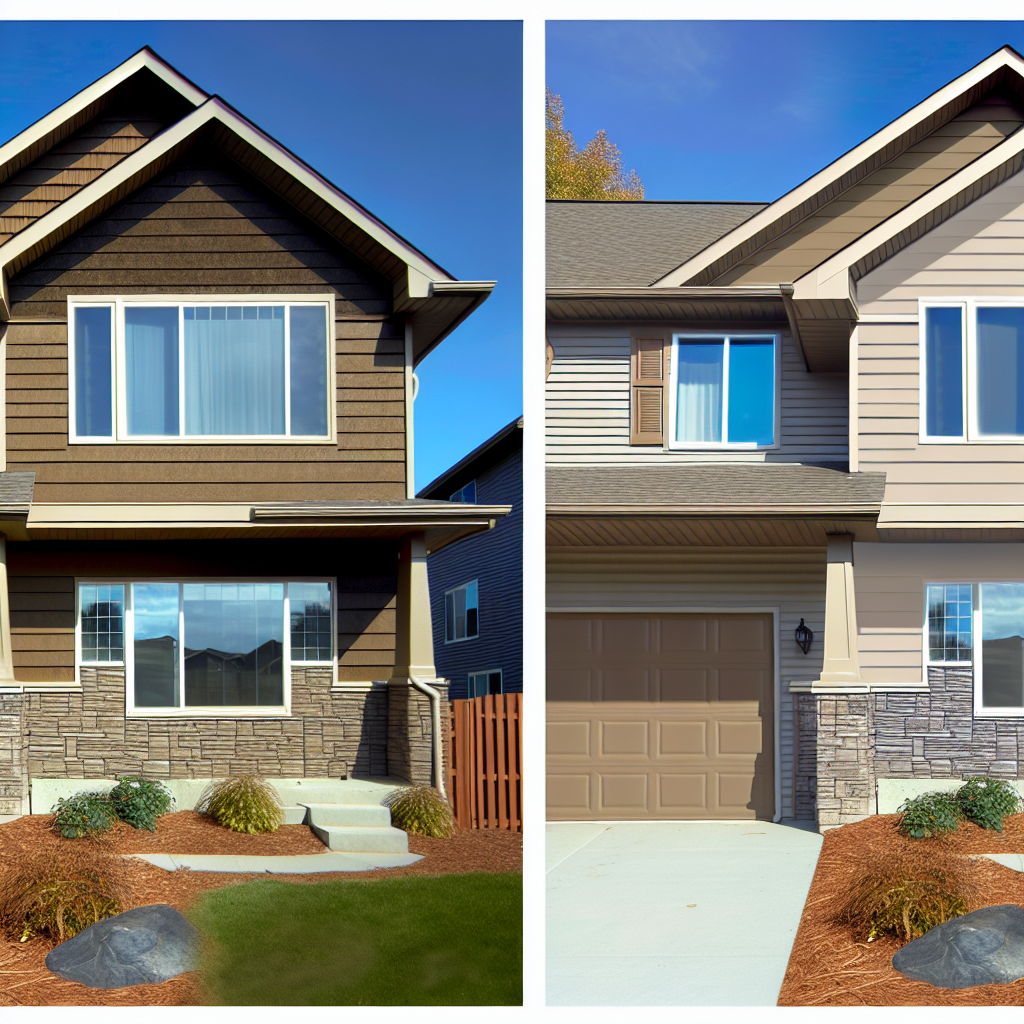
Choosing the right siding for your home can significantly impact its durability, aesthetics, and resale value. Dive into this comprehensive comparison to discover the unique advantages and drawbacks of James Hardie and vinyl siding.
Understanding the Basics: What Are James Hardie and Vinyl Siding?
James Hardie siding, also known as fiber cement siding, is made from a blend of cellulose fibers, sand, and cement. It is renowned for its durability and ability to mimic the appearance of wood, stone, or brick without the associated maintenance costs.
Vinyl siding, on the other hand, is made from PVC (polyvinyl chloride) resin. It is a popular choice due to its affordability, ease of installation, and variety of colors and styles. However, it does not offer the same level of durability and aesthetic versatility as James Hardie siding.
Durability and Weather Resistance: Which Siding Stands the Test of Time?
James Hardie siding is highly durable and resistant to a wide range of weather conditions, including extreme heat, heavy rain, and even hail. Its fiber cement composition makes it less susceptible to warping, cracking, and rotting compared to other materials like wood or vinyl.
Vinyl siding, while also weather-resistant, can become brittle in extremely cold temperatures and may warp under intense heat. Additionally, vinyl siding is more prone to damage from strong impacts, such as hail or debris, compared to James Hardie siding.
Aesthetic Appeal: How Each Siding Enhances Your Home’s Look
James Hardie siding offers a wide range of design options, allowing homeowners to achieve a custom look that closely mimics natural materials. It can be painted in virtually any color, providing endless possibilities for personalizing your home’s exterior.
Vinyl siding also comes in various colors and styles, but it lacks the versatility of James Hardie siding. While it can mimic the look of wood, the appearance is often less convincing. However, vinyl siding is available in more pre-finished colors, which can be advantageous for homeowners looking for a low-maintenance option.
Cost Comparison: Getting the Most Value for Your Investment
James Hardie siding generally costs more upfront compared to vinyl siding. This is due to the materials used and the more complex installation process. However, the long-term benefits, such as increased durability and reduced maintenance costs, can make it a worthwhile investment.
Vinyl siding is more affordable initially and can be a cost-effective solution for homeowners on a budget. While it may require more frequent repairs or replacements over time, the lower upfront cost makes it an attractive option for many.
Installation and Maintenance: What You Need to Know
Installing James Hardie siding typically requires professional expertise due to its weight and the need for special tools. Once installed, it is relatively low-maintenance, only requiring occasional cleaning and repainting every 10-15 years.
Vinyl siding is easier to install and can often be done by experienced DIYers. It requires minimal maintenance, with periodic cleaning being sufficient to keep it looking fresh. However, any damage to vinyl siding usually necessitates a full panel replacement, which can be more frequent than with James Hardie siding.
